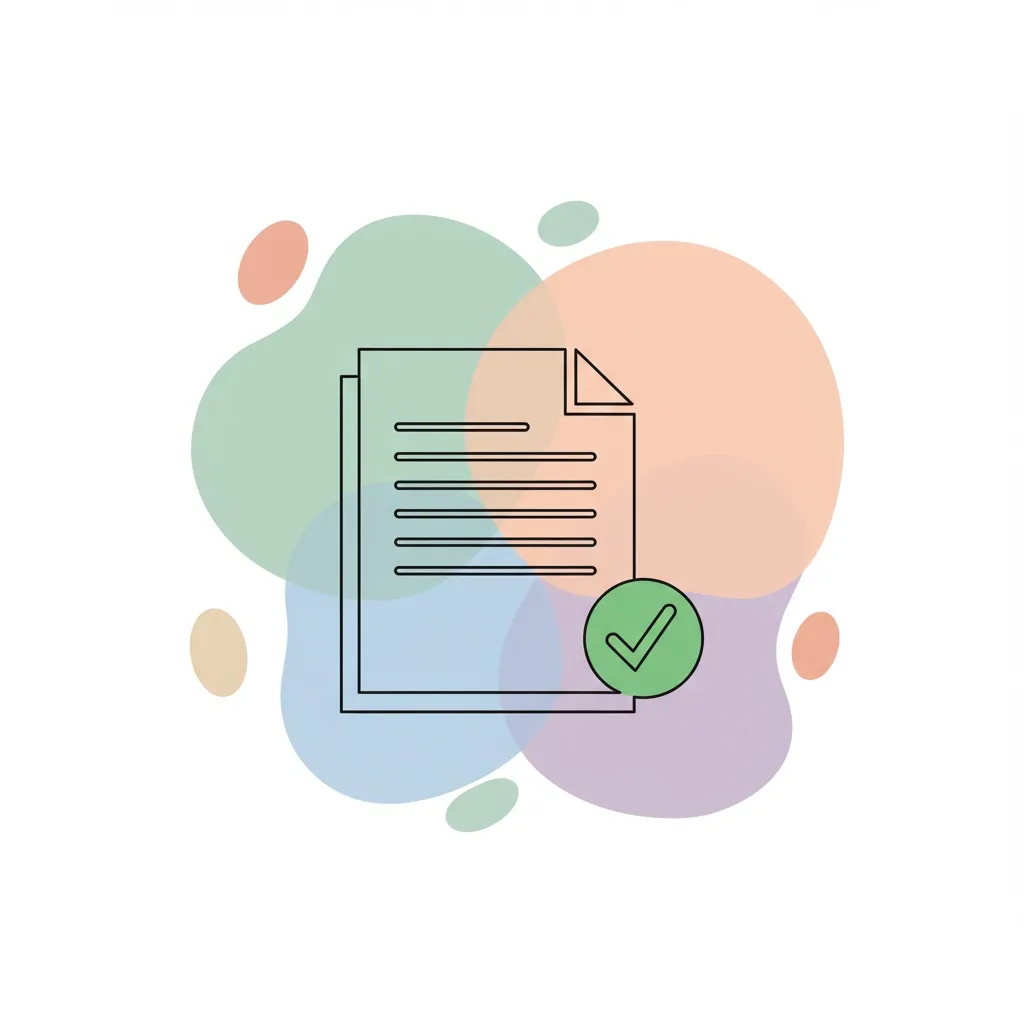Is It Ever Okay for a Resume to Be Two Pages? The Definitive Answer

Is It Ever Okay for a Resume to Be Two Pages? The Definitive Answer
The debate over the ideal resume length is a source of anxiety for many job seekers. The old "one-page rule" is often treated as unbreakable, but the modern job market requires a more nuanced approach. This guide provides a definitive answer on when a two-page resume is not only acceptable but strategically necessary.
The One-Page Resume Rule: Myth vs. Reality
The one-page rule originated from an era of paper resumes and limited recruiter attention spans. The core idea was to present a quick, digestible snapshot of a candidate.
While conciseness is still critical, digital tools have changed the game. Modern hiring practices, including the use of applicant tracking systems, have made the strict one-page mandate less relevant for certain professionals.
Mini-definition: An Applicant Tracking System (ATS) is software that recruiters and employers use to scan and rank job applications based on keywords and qualifications before a human reads them.
When a Two-Page Resume is a Strategic Advantage
A two-page resume is the correct choice for experienced professionals whose careers cannot be authentically summarized in a single page. It allows you to showcase the depth and breadth of your accomplishments.
This typically applies to individuals with 10 or more years of relevant, progressive experience in their field.
Consider a two-page resume if you are a senior manager, executive, or seasoned specialist in fields like IT, engineering, or healthcare with a long list of projects, technical skills, and certifications.
Academics, scientists, and researchers with extensive lists of publications, patents, or speaking engagements also require more space to adequately present their credentials.
When to Strictly Stick to One Page
For most professionals, one page remains the gold standard. It forces you to be selective, focusing only on the most impactful and relevant information for the job you want.
If you have less than 10 years of experience, you should aim for one page. This includes recent graduates and early-career professionals.
Career changers should also stick to a single page. This format helps you create a focused narrative highlighting your most valuable transferable skills for the new industry.
One Page vs. Two Pages: A Quick Comparison
| Scenario | Recommended Length | Reasoning |
|---|---|---|
| Recent Graduate | One Page | Focus on internships, projects, and education. Keep it concise. |
| Mid-Career (5-10 yrs) | One Page | Prioritize achievements and quantifiable results over duties. |
| Senior Professional (10+ yrs) | Two Pages | Necessary to detail leadership experience, major projects, and career progression. |
| Career Changer | One Page | Create a tight narrative focused on relevant, transferable skills. |
| Academic/PhD | Two Pages+ (as a CV) | Required to list publications, research, and academic history in detail. |
Frequently Asked Questions About Resume Length
Can my resume be 1.5 pages?
No. A resume that spills onto a second page but only fills a small portion of it looks unfinished. Always aim for a full single page or a well-filled two pages.
How do I shorten my resume from two pages to one?
Focus on achievements with quantifiable metrics, not just job duties. Edit bullet points to be concise and action-oriented. Remove experience that is over 15 years old or irrelevant to your current career target.
Does a two-page resume hurt my chances with an ATS?
No. According to studies by trusted sources like the Society for Human Resource Management (SHRM), modern ATS platforms are designed to parse multiple pages without issue. The key is clean formatting and keyword relevance, not length.
How Cruit Solves the Resume Length Dilemma
Deciding on the right length and then making everything fit can be frustrating. Cruit’s intelligent tools are designed to eliminate this exact problem, ensuring your resume's length is a strategic choice, not a formatting accident.
Cruit’s Generic Resume Module helps you transform long-winded job duties into powerful, concise achievement statements. The AI co-pilot guides you to uncover quantifiable results, saving precious space while boosting impact.
Once your content is crafted, the module's intelligent formatting algorithm automatically adjusts margins, spacing, and font sizes. This ensures everything fits perfectly on one or two full pages, eliminating the tedious cycle of manual layout tweaks.
For career changers or those targeting specific roles, the Resume Tailoring Module helps identify and highlight only the most relevant experience. This naturally helps you control the length and ensure every word on the page is working to get you an interview.
This guide was created by Cruit, a career growth platform that helps professionals build and execute their career strategy.